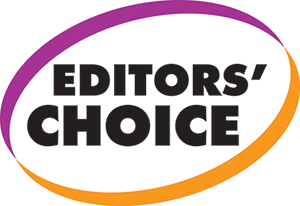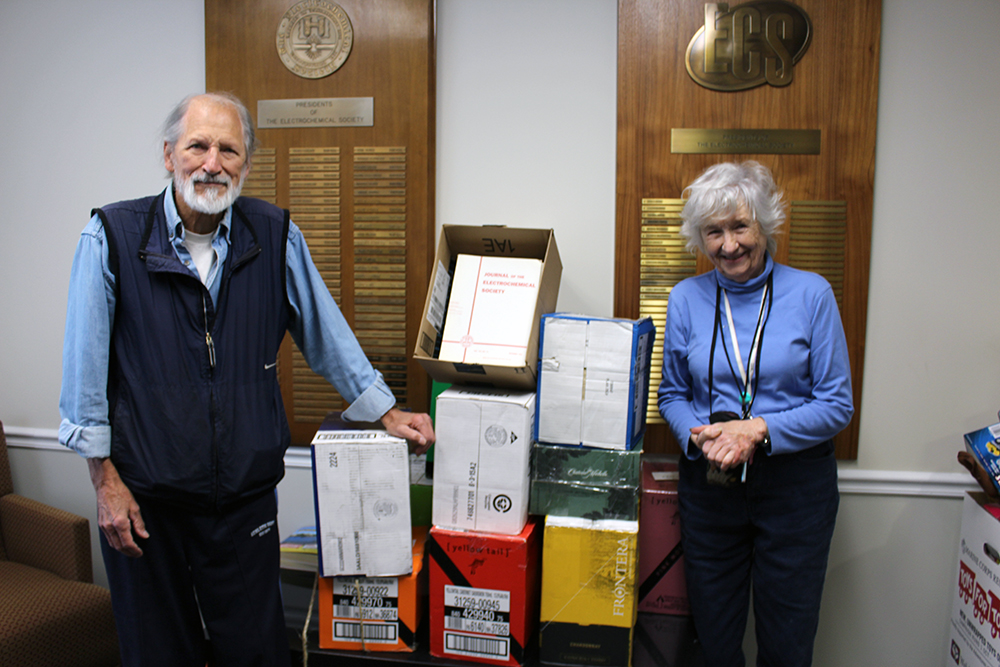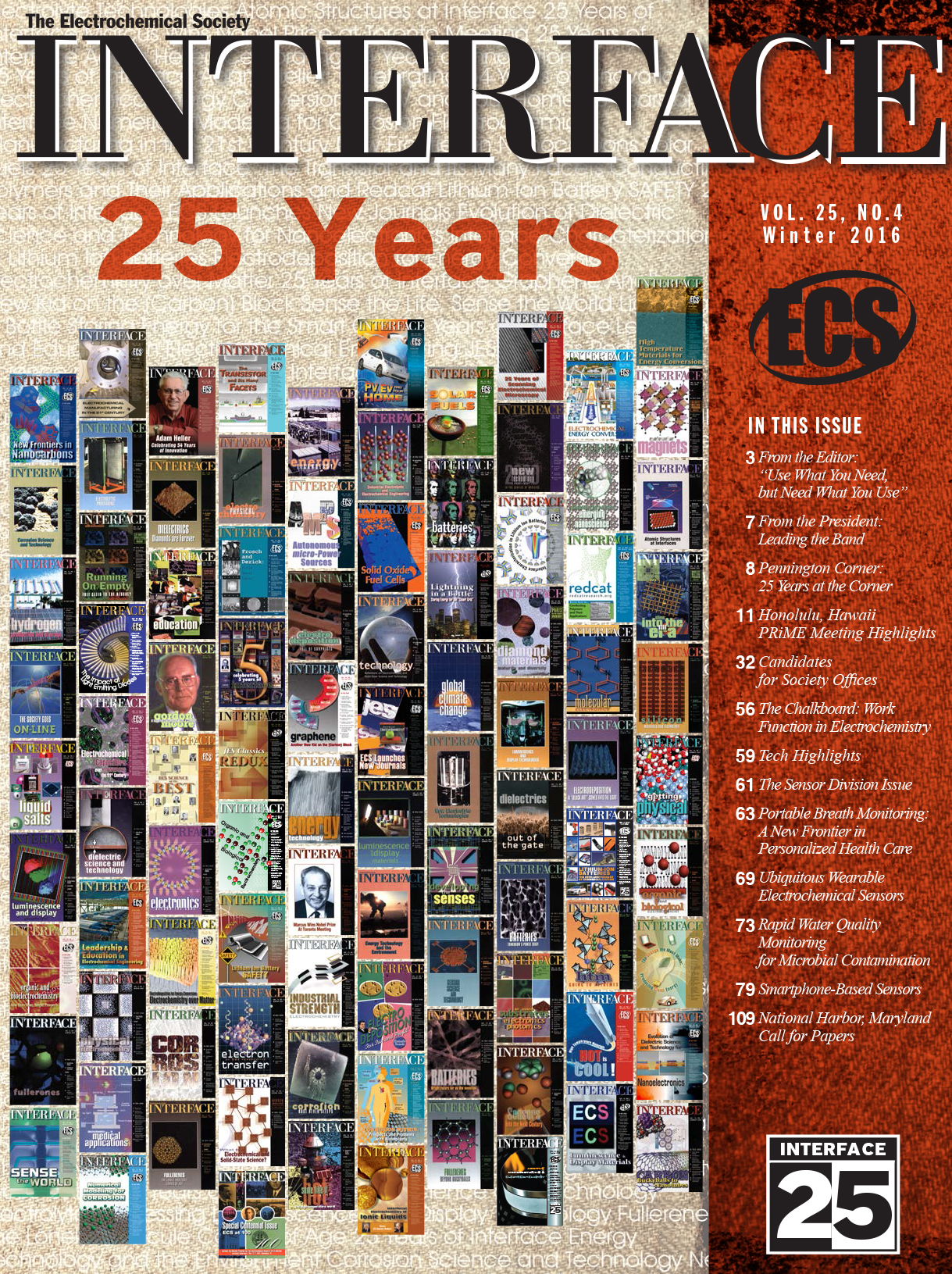 The winter 2016 issue of Interface is now available in the ECS Digital Library! This issue celebrates 25 years of Interface! Since its establishment, Interface has continuously provided Society members with top of the line technical articles about the latest developments in the fields of solid state and electrochemical science and technology. It also provides news and information about and for members.
The winter 2016 issue of Interface is now available in the ECS Digital Library! This issue celebrates 25 years of Interface! Since its establishment, Interface has continuously provided Society members with top of the line technical articles about the latest developments in the fields of solid state and electrochemical science and technology. It also provides news and information about and for members.
This issue includes a special reflection article on its 25 years that contains highlights from every past quarterly issue of Interface, since its start in 1992. It also covers the highlights from PRiME 2016, where 67 countries were represented.
With Interface, members never miss out on updates such as Society news, people news, student news, and important technology highlights. Featured articles from the sensor division issue include:


 ECS is committed to open access through
ECS is committed to open access through  ECS isn’t the only one celebrating an anniversary this year. As we celebrate 115 years of excellence as a publisher, meeting convener, and multi-faceted scientific society, this year also marks an important 15-year milestone in the open access movement. In 2002, the Budapest Open Access Initiative was hosted by the Open Society Foundations and to this day serves as a landmark meeting in communicating the importance and urgency of open access necessities.
ECS isn’t the only one celebrating an anniversary this year. As we celebrate 115 years of excellence as a publisher, meeting convener, and multi-faceted scientific society, this year also marks an important 15-year milestone in the open access movement. In 2002, the Budapest Open Access Initiative was hosted by the Open Society Foundations and to this day serves as a landmark meeting in communicating the importance and urgency of open access necessities.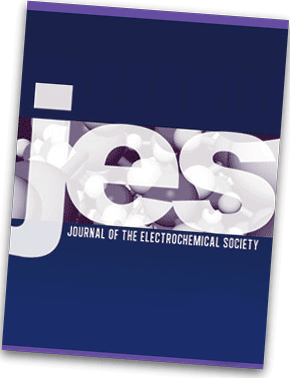 The peer review process is the heart of scholarly communication, assuring the publication of high-quality papers and strengthening the public’s perception of the science. Through peer review, editors, reviewers, and authors work together to ensure the work is coherent, rigorous, and adds to the scientific knowledge base.
The peer review process is the heart of scholarly communication, assuring the publication of high-quality papers and strengthening the public’s perception of the science. Through peer review, editors, reviewers, and authors work together to ensure the work is coherent, rigorous, and adds to the scientific knowledge base.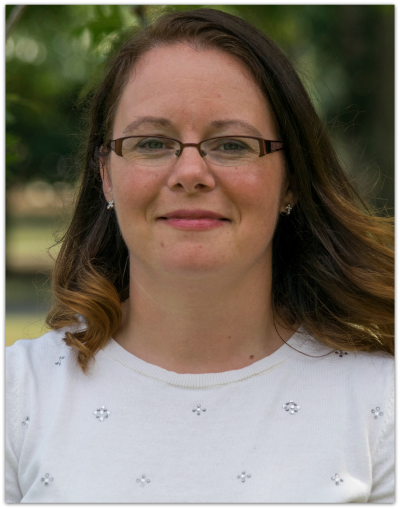 Alice Suroviec is an associate professor at Berry College, where she focuses her research efforts on the development of microelectrodes and applications of electrochemistry to real-time detection of biological analytes in aqueous solutions. Suroviec has recently been appointed to the ECS Electrochemical Science & Technology Editorial Board as an associate editor for the
Alice Suroviec is an associate professor at Berry College, where she focuses her research efforts on the development of microelectrodes and applications of electrochemistry to real-time detection of biological analytes in aqueous solutions. Suroviec has recently been appointed to the ECS Electrochemical Science & Technology Editorial Board as an associate editor for the 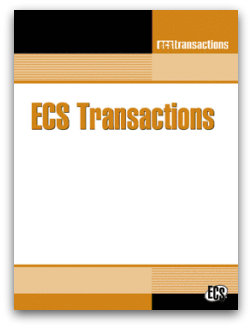 Thirty seven new issues of ECS Transactions have just been published from PRiME 2016; these are the “standard” issues and they cover a wide variety of topical interest areas.
Thirty seven new issues of ECS Transactions have just been published from PRiME 2016; these are the “standard” issues and they cover a wide variety of topical interest areas.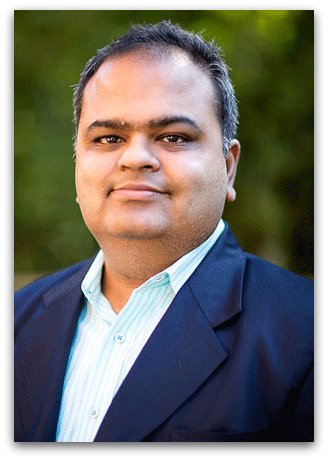 Venkat Subramanian is the Washington Research Foundation Innovation Professor of Chemical Engineering and Clean Energy at the University of Washington. His research efforts focus on computational models to bridge next-generation energy materials to battery management systems. Subramanian has recently been named a new technical editor of the
Venkat Subramanian is the Washington Research Foundation Innovation Professor of Chemical Engineering and Clean Energy at the University of Washington. His research efforts focus on computational models to bridge next-generation energy materials to battery management systems. Subramanian has recently been named a new technical editor of the 